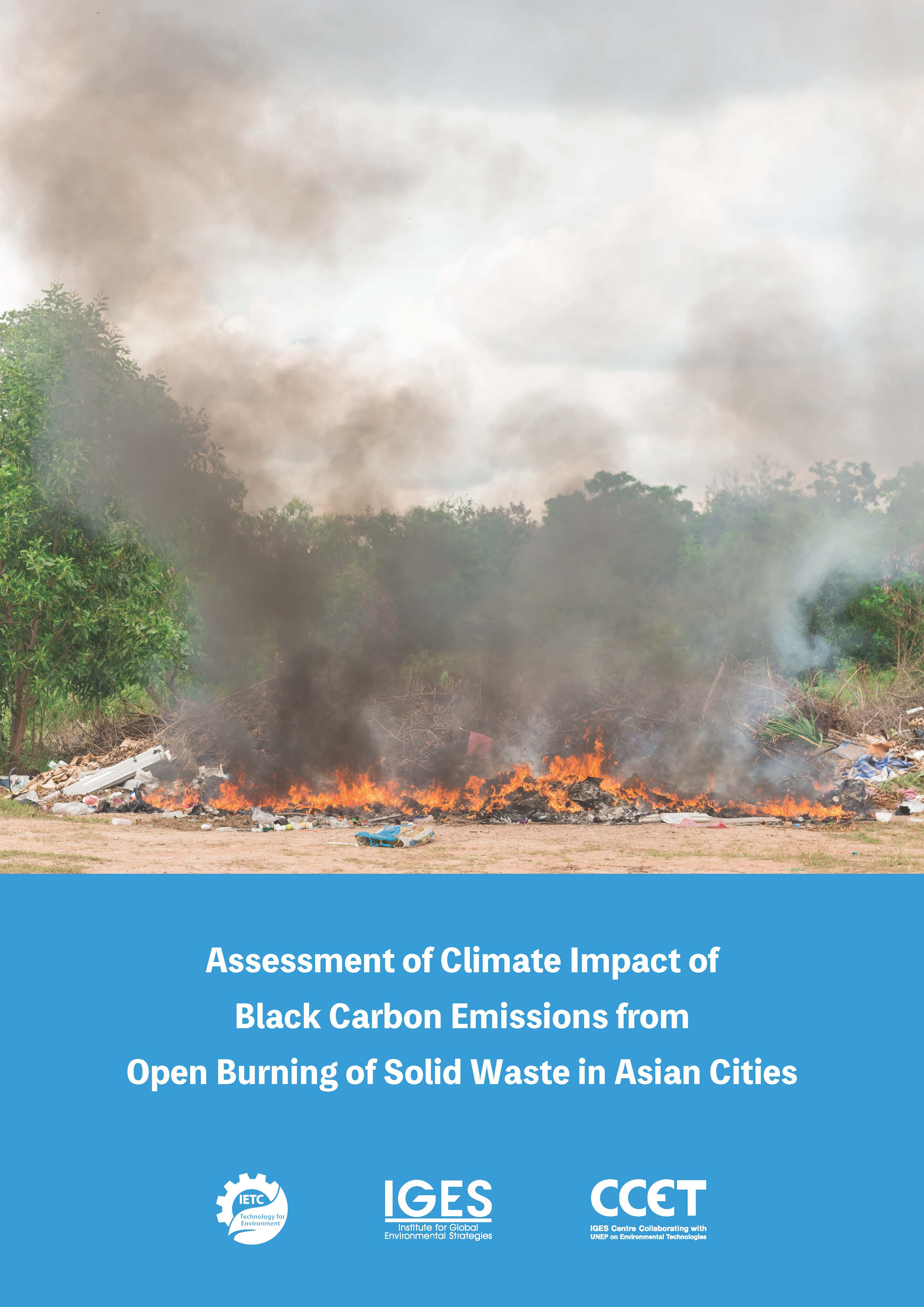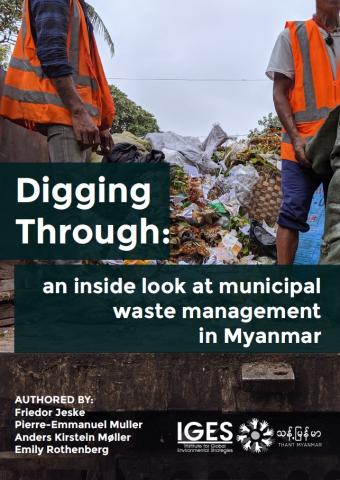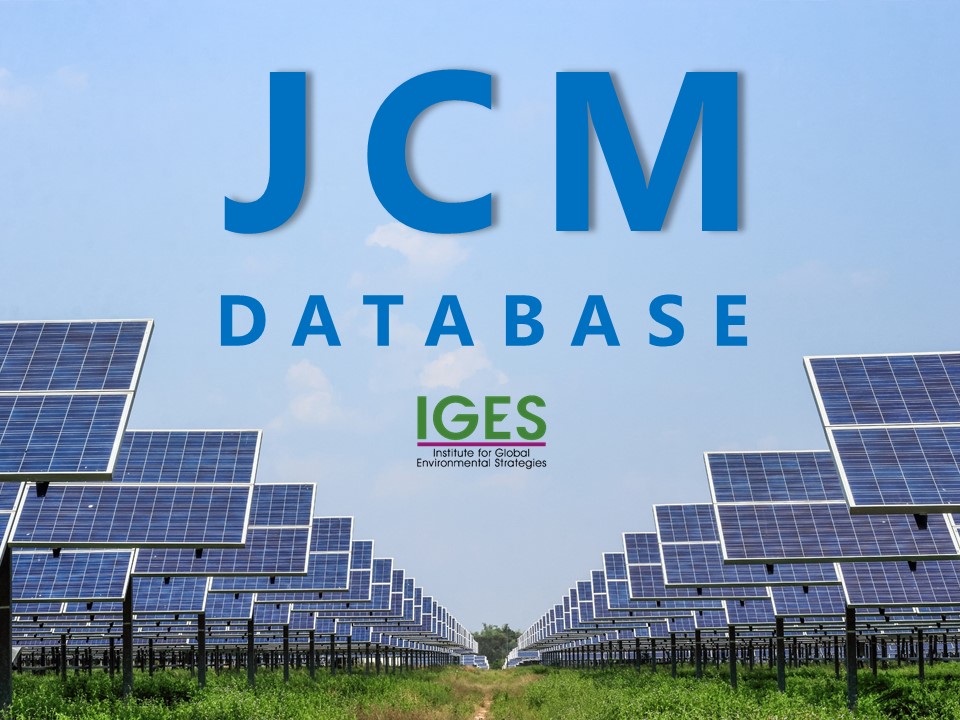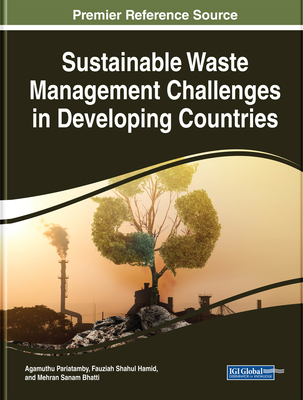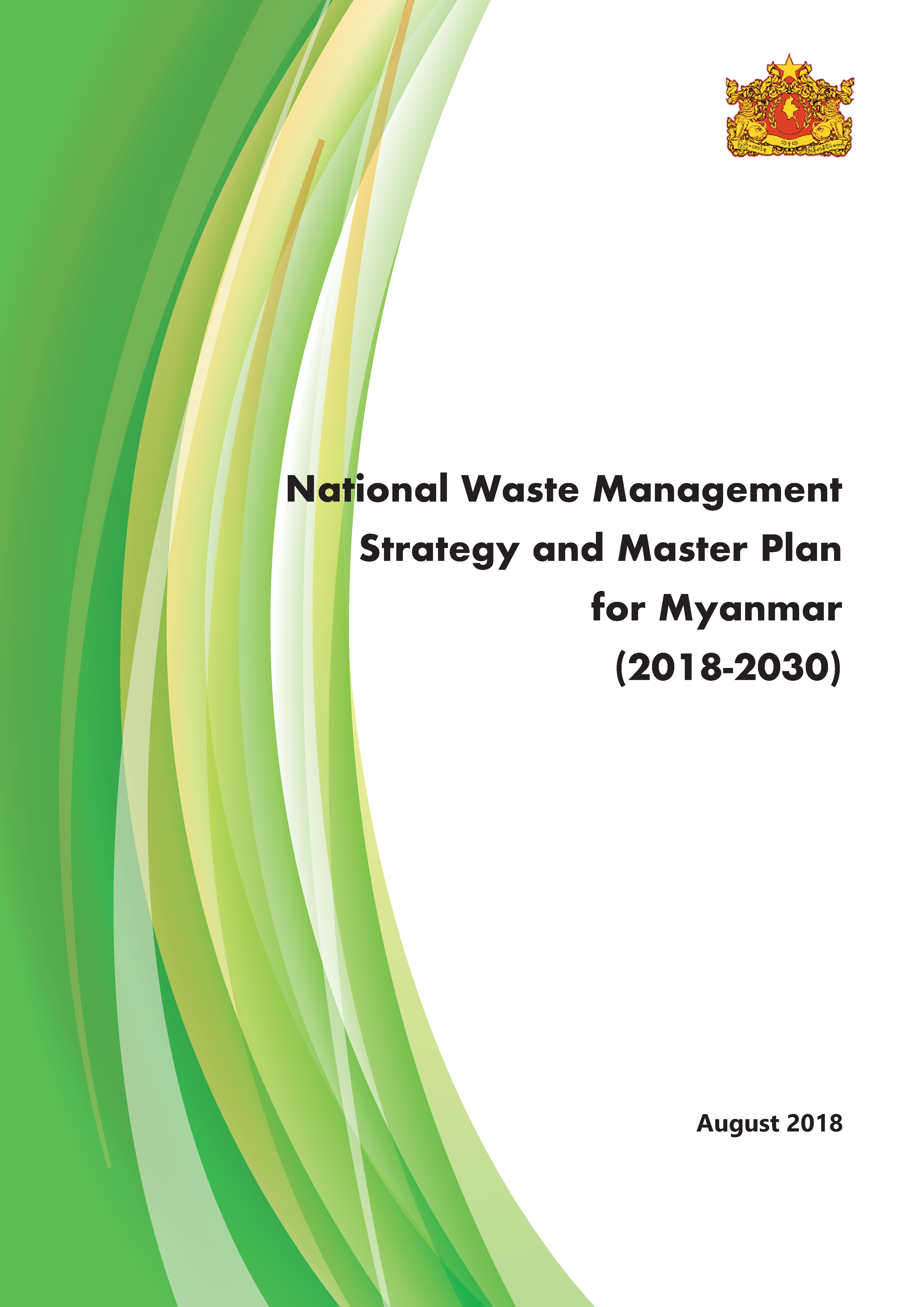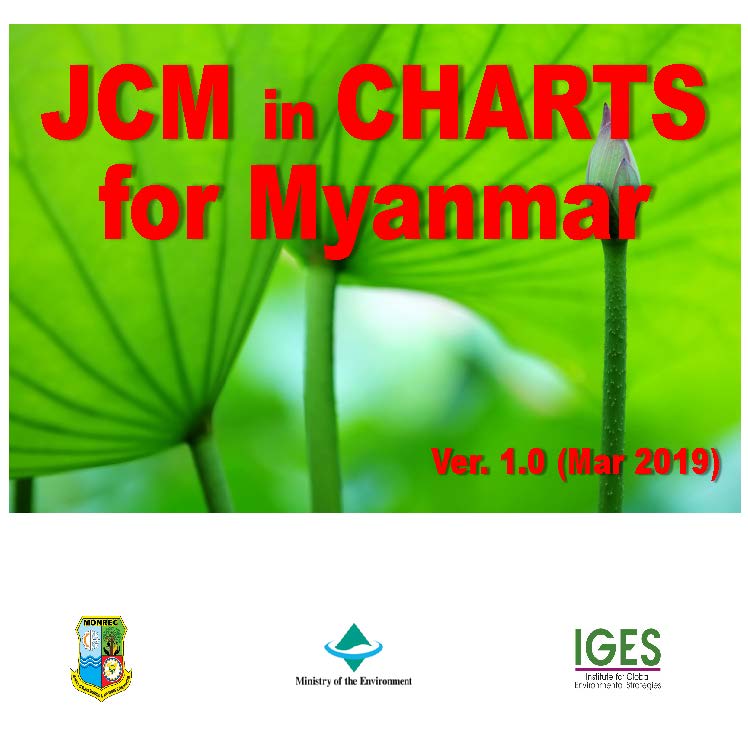Open waste burning is a widespread practice that is provoked by a lack of systematic waste collection, the unavailability of other disposal options, and inadequate land for the final disposal of the collected waste, especially in low- and middle-income countries. From a global perspective, two billion people have no waste collection at all, and the...
- Clear all
- Language: (-) English
- SDGs: (-) Goal 13. Climate Action
- Region/Country: (-) Myanmar
- Region/Country: (-) Singapore
Results 1 - 10 of 10 (Sorted by date)
This technical report showcases the case study that was conducted as part of the ASEAN Project on Disaster Risk Reduction by Integrating Climate Change Projection into Landslide Risk Assessment (ASEAN DRR-CCA). Its main purpose is to showcase the application of the methodologies described in the guidelines developed as part of this project. The...
In Media and Disaster Risk Reduction Advances, Challenges and Potentials
The Himalaya and Hindu Kush Region (HKH) is one of the world's most fragile ecosystems in terms of climate change and its impacts, such as, slow- and fast-onset disasters. Traditionally, nature and human beings have co-existed in this area with indigenous and local knowledge (ILK) systems and practices being used in different ways, such as for...
Contributor:
Understanding Myanmar’s solid waste systems presents a challenge for anyone working in the sector. While waste collection and disposal challenges faced by Myanmar’s cities and towns share similarities, strategies to overcome them evolve locally and are often not well-communicated between different local government bodies. Data on the country’s...
IGES Joint Crediting Mechanism (JCM) Database provides detailed information on the JCM methodologies, projects, and JCM feasibility studies to be utilized for research and development of JCM project. The JCM is being implemented under bilateral cooperation between Japan and 29 partner countries: Mongolia, Bangladesh, Ethiopia, Kenya, Maldives, Viet...
Keywords:
In Sustainable Waste Management Challenges in Developing Countries
Myanmar, the largest country in mainland Southeast Asia, has been facing considerable challenges with the management of solid waste in the recent past because of increasing income and consumption patterns, urban growth, and lack of effective waste management policies, treatment, and disposal methods. Waste management is also a crosscutting issue...
Myanmar has had to face tremendous challenges in waste management in the recent past, due to a number of factors – its growing population and economy, increasing complexity of waste streams, and lack of effective waste management systems, proper infrastructure, capital investment, financial and human resources, as well as effective policy and...
The "JCM in CHARTS" series aim to provide a comprehensive and easy-to-understand description of the Joint Crediting Mechanism (JCM) in each host country. This version describes the rules, procedures, and references for implementing the JCM in Myanmar.
Developing a Waste Management Strategy Focusing on Waste as a Resource: the Case of Mandalay City [IGES e-Learning Series] is made up of two videos: 1) Addressing Mandalay's Waste Crisis – A Community in Transition 2) Developing a Waste Management Strategy: Transforming Waste from Problem to Resource These two educational videos highlight the...
Developing a Waste Management Strategy Focusing on Waste as a Resource: the Case of Mandalay City [IGES e-Learning Series] is made up of two videos: 1) Addressing Mandalay's Waste Crisis – A Community in Transition 2) Developing a Waste Management Strategy: Transforming Waste from Problem to Resource These two educational videos highlight the...

